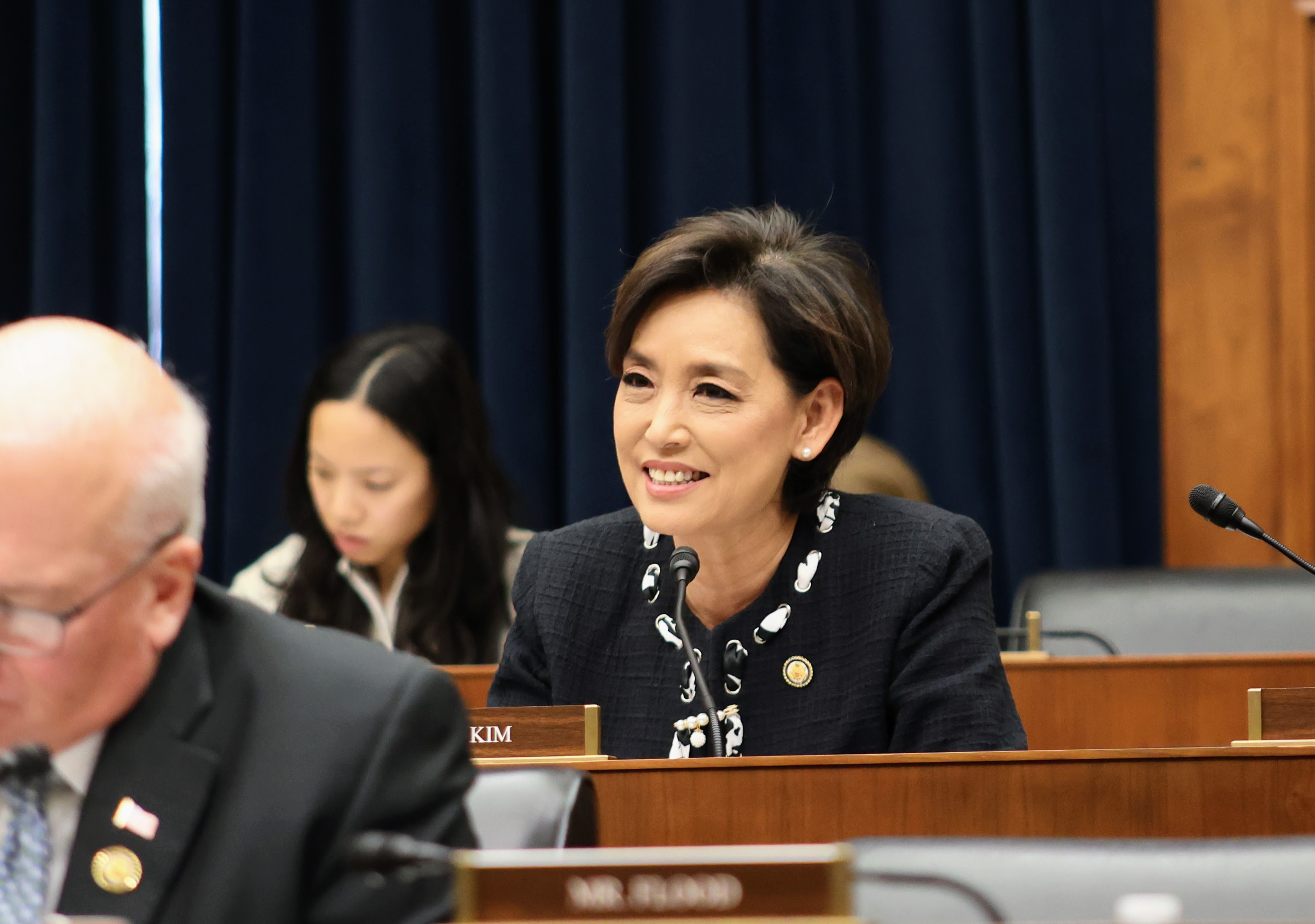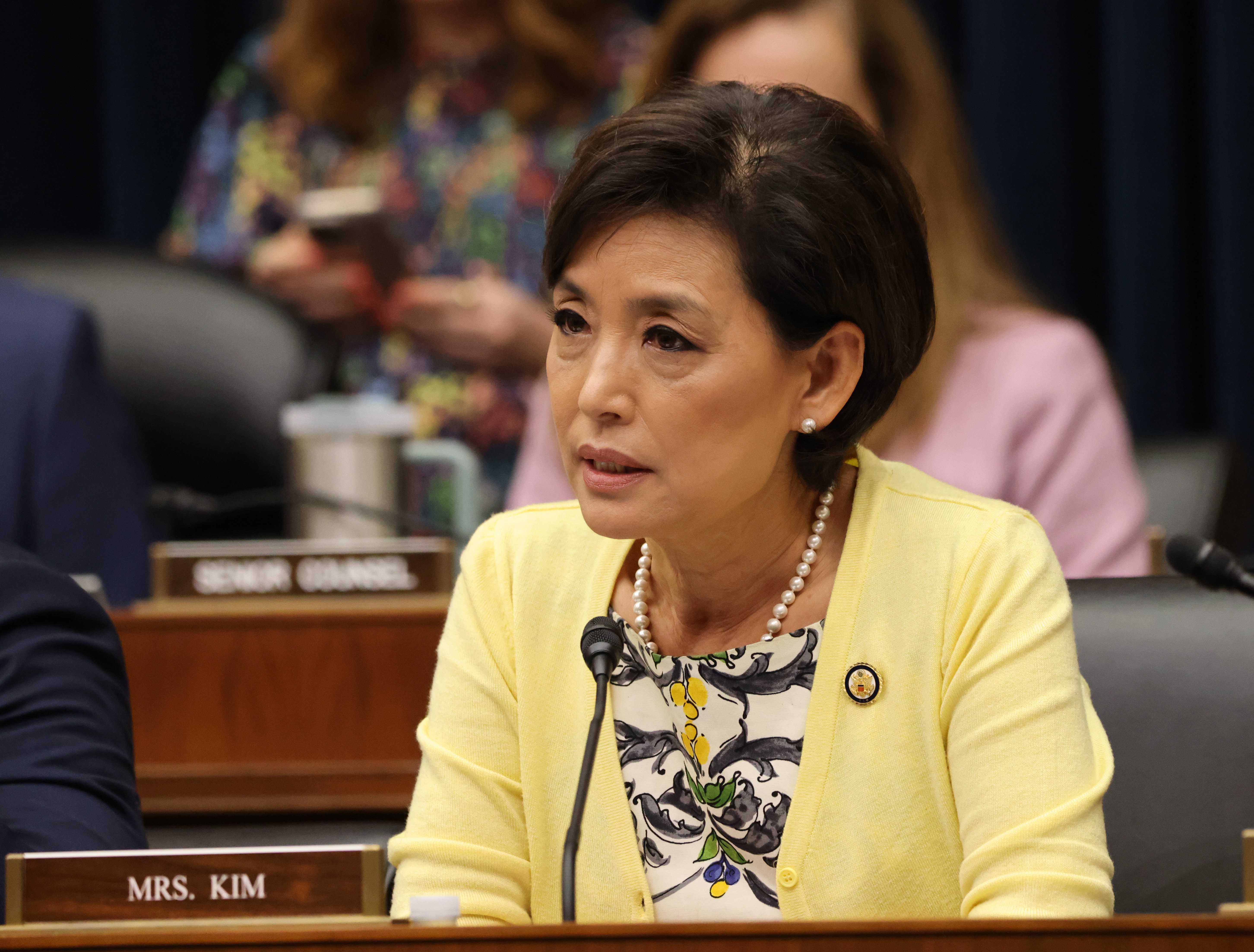Maria Theresa Louis was born in Kerala, India, in 2003. She and her older brother moved to the Triangle with her parents in 2009 when her father was hired to work in the area through an H-1B visa, a non-immigrant status granted to workers in a specialty occupation.
Louis was one of three young adults who spoke at the virtual introduction of the America’s Cultivation of Hope and Inclusion for Long-term Dependents Raised and Educated Natively (America’s CHILDREN) Act. U.S. Rep. Deborah Ross, a Wake County Democrat, introduced the bipartisan legislation along with Reps. Raja Krishnamoorthi, D-Ill., Mariannette Miller-Meeks, R-Iowa, and Young Kim, R-Calif.
Because of their legal status and their jobs, Louis’ parents didn’t feel comfortable letting The News & Observer further interview the recent high school graduate.
During the presentation, Louis said being an H1-B visa holder’s dependent bars her and her brother from qualifying for scholarships and grants.
“We are unable to apply for scholarships or jobs, or apply for internships,” Louis said. “We can’t work summer jobs or do some of the things that are a huge part of an American childhood.”
Through the legislation, the child dependents of long-term visa holders, also called “documented Dreamers,” would gain a pathway to obtain permanent residency, or a green card, so long as they have lived in the United States for 10 years and graduate from a college or university.
Under current immigration law, dependents of H1-B holders, like spouses and children, can obtain H-4 status. That allows them to stay in the United States for the same length of time as the H1-B holder.
To maintain H-4 status, children of H1-B visa holders must be unmarried and under the age of 21. After that, they age-out of that temporary legal status. This prompts many to return to native countries that they may barely know.
“For most of my life the thought of self-deporting has stressed me out,” Louis said. “The thought of being forced to go back to a country where I wasn’t familiar with the culture and the way of life terrified me.”
According to the bill’s sponsors, over 200,000 children and young adults are living in the United States as dependents of long-term non-immigrant visa holders.
“These individuals grow up in the United States, attend American schools and graduate from American universities. Because they have maintained legal status, Documented Dreamers are not eligible for protection under DACA or the work authorization that comes with it,” a spokesperson for Ross said in a press release.
There isn’t much data available about H-4 dependents, according to Dip Patel, founder of Improve the Dream and one of the speakers at the America’s CHILDREN Act presentation. He said most estimates are based on data from U.S. Citizenship and Immigration Services on H1-B visas.
The latest data from the U.S. Citizenship and Immigration Services show that the agency approved 426,710 H-1B petitions during the 2020 fiscal year. The bulk of the applications, 79%, went to beneficiaries from India. The second largest country of origin for H1-B visas is China.
USCIS doesn’t have a state-by-state breakdown of H1-B holders. But a 2016 report by Pew Research Center found that between 2010 and 2016, around 15,700 H1-B visas were approved in the Raleigh, Durham and Chapel Hill areas. At the time, the average salary for H1-B holders in Raleigh was $79,600. In Durham-Chapel Hill, the average salary was $84,700.



